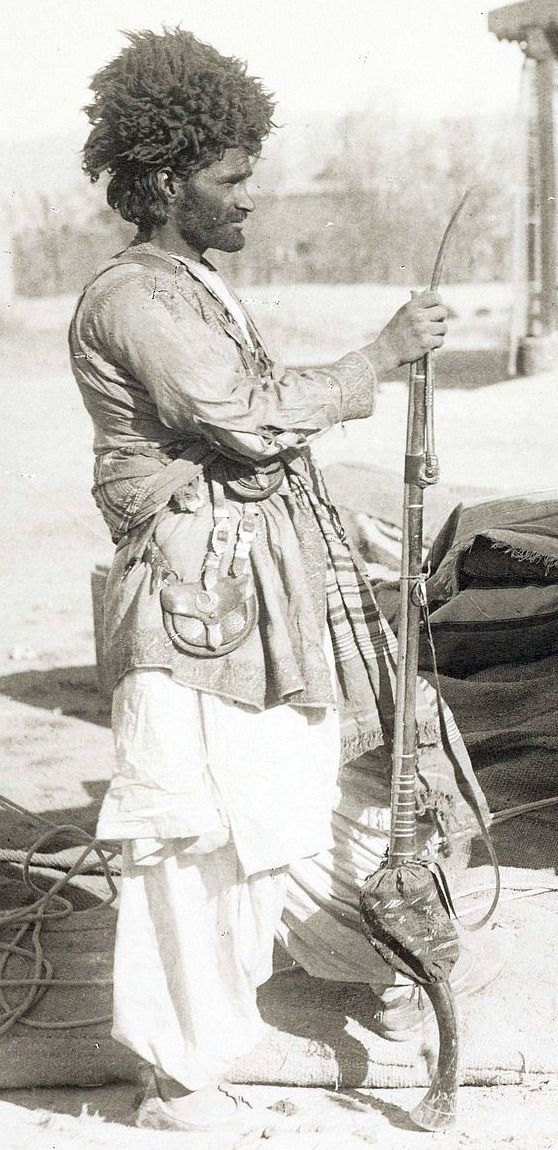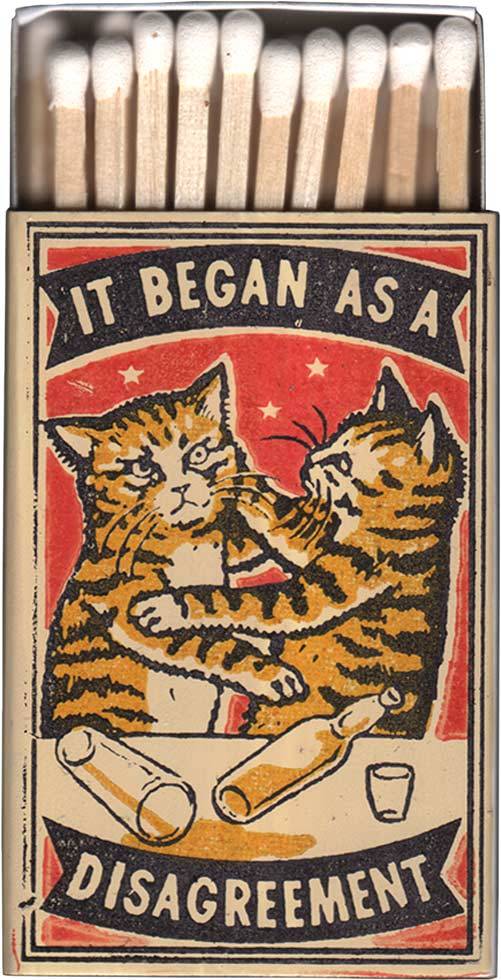These aren't playtested, but I plan to run a pirate-themed game soon and I can probably work them into there.
 |
| Couldn't find a source for this image. In Karcena, a jezail doesn't earn that title until it sees you through a duel. |
First off - dueling is not combat. There's no initiative. Duels are always agreed upon, and though the customs for how to initiate them differ they always come down to a combination of speed, aim, and luck.
If you're "dueling" someone who hasn't agreed to your terms beforehand, that's just combat.
Dueling is, however, still fatal. Refusing to shoot your opponent has no real mechanical effect, but might earn you reputation depending on where you are. If a PC is going to engage in a duel, give them the same amount of heads-up you would for a save-or-die effect.
Here's the basic gist of the ruleset (heavily inspired by Warrior Poet):
- Arrange the duel.
- Meet at the location all duelists agreed upon.
- Exchange final words before the duel; offers to de-escalate, formalities, or smack-talk.
- Square up. This is your last chance to declare that you aren't shooting to kill.
- Each party in the duel rolls an amount of d6s that depends on their circumstances.
- Add all your d6s together to get the sum of your rolls.
- The party with the highest sum may automatically hit their target, doing so before their opponent's shot connects. This may be a killing blow, if that party wishes. That party narrates the shot.
- If another party's sum is within 3 of yours, you sustain a gunshot wound (take damage as though hit with an attack from that gun, plus remember infections exist).
- If any party is killed, they give their last words.
 |
| Arna Miller and Ravi Zupa. Those are the artists, for the record - not the cats. |
As mentioned, you can add more d6s to your pool under certain circumstances.
GAIN EXTRA D6s FOR:
- Having a higher Ability Score than your opponent. You must justify how this helps you; "I've drawn a crowd, and my higher Charisma prevents stage fright." "My Wisdom is higher than hers - I ain't afraid, and I won't hesitate when it comes time to shoot." Your DM has the final say on whether this counts or not.
- Better smack-talk before the duel than your opponent; vote among the DM and any non-involved NPCs.
- Strategic positioning: you're in the shadow of the saloon, whereas your opponent is in broad daylight.
- Anything else your DM okays.
LOSE D6s FOR:
- Deciding to not shoot to kill.
- Being drunk. Dwarves or other hardy species might be exempt from this. Hell, you might even get better at dueling while drunk depending on class.
- Using a weapon your opponent rigged. Always mix your own powder, and keep your gun at your hip or under your pillow.
- Any other penalty your DM assigns.
---
As I mentioned previously, Warrior Poet is a really good system. The feeling of being immensely powerful (and getting extra d6s) because you're fighting during your season is great, and the fact that it builds toward a narrative that you build with your fellow players is fantastic. I tried to capture a little bit of that here.
I know there are a bunch of GLOG classes that can issue a challenge as a class ability, which out-of-combat will result in a duel. These rules work well for that if you're in a setting where dueling pistols are appropriate. It probably isn't bad for duels with swords either, just take away the ability to instakill your opponent and have a few different rounds of rolling.
If I ever write a gunslinger class, it'll reference these rules.
No comments:
Post a Comment